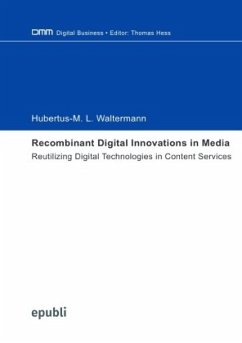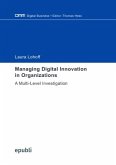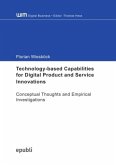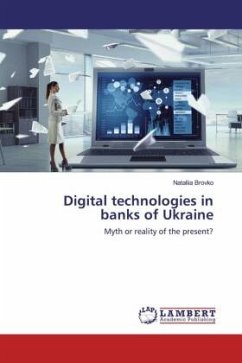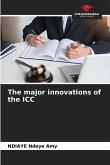Technological advancements and the diffusion of innovation have influenced the media since its beginnings. Currently, the implementation of digital technologies has a holistic impact on all areas of the media value chain regarding content production, bundling, distribution, and consumption. Especially the reutilization of digital technologies in specific contexts results in the formation of new digital innovations in media, which can improve processes, transform business models, or introduce new products and services. Especially with regard to the introduction of new products and services, the influence of reutilizing digital technologies has been significant and led to the development of innovative content services, such as streaming services (e.g., Netflix), which disrupted traditional television markets. Such services provide new value propositions that make the consumption of media contents in terms of location and time more flexible.Against this background, the main goal of this dissertation is to combine various research perspectives by studying how media organizations can apply the concept of reutilization of digital technologies to develop innovative content services. Science and practice can benefit from the provided insights about the requirements, processes, and outcomes for reutilizing digital technologies to develop innovative digital content services. This dissertation comprises five individual projects that jointly form a theoretically stable input-process-output model for reutilizing digital technologies through recombinant digital innovation in content services. This model is especially useful for decision-makers from media and related fields to create the prerequisites for sustainable growth and competitiveness.
Bitte wählen Sie Ihr Anliegen aus.
Rechnungen
Retourenschein anfordern
Bestellstatus
Storno

